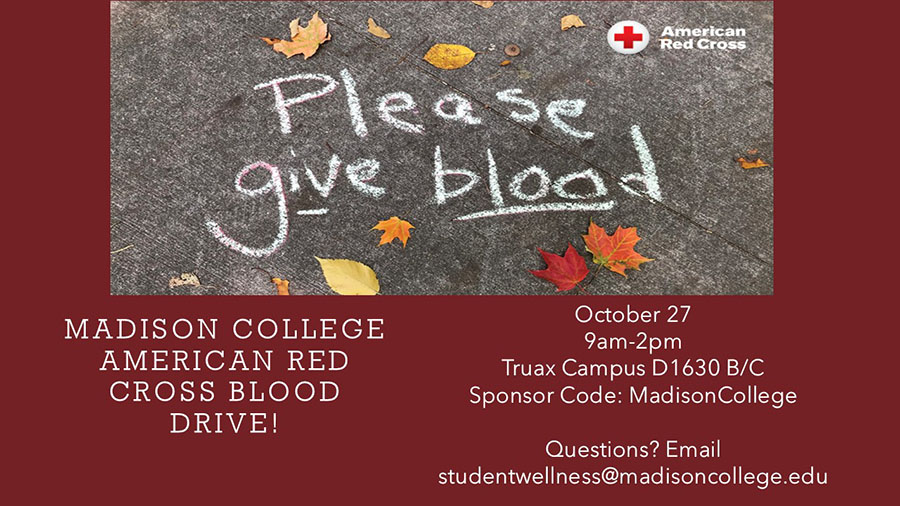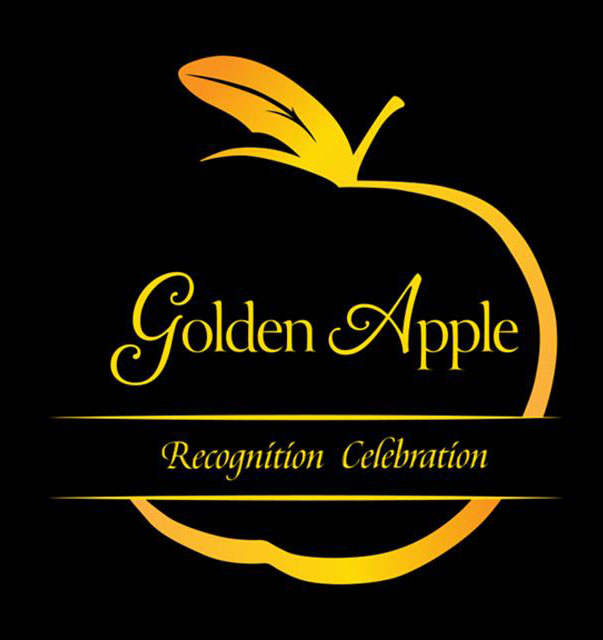Civil liberties, especially the rights to free speech and press, have always been one of the integral threads in American history. In October of 2011, Representative Lamar S. Smith, of Texas, introduced a highly controversial bill called the Stop Online Piracy Act, or SOPA. Since that time, the proposed bill has been criticized as a tool to threaten civil liberties rather than one to stopping online piracy.
The bill is highly controversial because it confronts a long-standing issue: copyright infringement. Copyright protection has always been a challenge, but the new freedoms that the Internet offers pose a unique obstacle for copyright protection agencies.
Many online sites have skirted current copyright law by basing their operations in foreign countries. For example, popular bittorrent site, The Pirate Bay has its databases in Sweden, thus making any attempt to file a case against them in a U.S. court useless.
Smith’s new bill would take current copyright law to a more stringent level. It would add streaming stolen content to the list of criminal offenses surrounding pirated material, and it would allow court orders that ban advertisers from working with infringing sites. In addition, search engines couldn’t link to infringing sites.
The most controversial aspect of the bill is the area covering server responsibility. If a server was tipped off by anyone regarding a site’s illegal activities regarding copyright law, the server would be responsible for putting up a firewall, or blocking, infringing site(s) within five days of the notification.
Supporters of the bill say that current copyright law is toothless, and can do little to nothing to protect against international infringement. Proponents have spoken out in defense of the countless jobs that are at risk because of the financial losses from media piracy. SOPA was intended as a repair to a broken copyright protection system, and the stringent laws attached to it are meant to curb international infringement.
Many, however, were suspicious of the bill’s broad language. Those in protest of the bill argue that some of the legislation could lead to firewalling entire domains when only one component of the domain is at fault. Site operators would also run the risk of being at fault for something a user posted by ‘facilitating infringement’ on copyright law. Opponents to the bill argue that the open-ended language could easily lead to an unprecedented level of Internet censorship.
As the bill gained momentum and publicity, a number of big players rose up to debate the issue. The music and movie industry hailed SOPA as a necessary move towards copyright protection, and have been major supporters of both Smith and the bill.
Silicon Valley, however, firmly protested the bill. Companies like Google, Wikipedia and Reddit have launched far-reaching online movements to gather protest. Facebook and Google lodged a formal complaint with lawmakers, saying that the bill put too much responsibility on public domain sites, expecting the companies to strictly police their own users.
In December of 2011, Bob Boorstin – Google’s director of public policy – stated at a social media conference held in The Netherlands that “YouTube would just go dark immediately. It couldn’t function” under the SOPA bill.
On Jan. 18, both Google and Wikipedia partially blacked out their sites in protest of the bill, while encouraging a grass-roots protest. Google reported over seven million signatures on their online petition while thousands of protesters took to the streets in New York and San Francisco, among other cities.
Big companies are not alone in the fight against SOPA. Libraries, too, are concerned with the strict copyright laws and the effect it would have on their ability to disseminate information, and the Library Copyright Alliance has been in contact with the US House Judiciary Committee in order to combat the bill.
After all of the debate and protest, SOPA, along with its close relative, PIPA (or Protect IP Act), were both tabled on January 20. Protestors rallied around the victory, but the debate hasn’t died yet. Both proponents and opponents to the bill, agree that copyright infringement must be dealt with. The question on how to achieve it remains up in the air.
A new, less stringent bill called OPEN is being proposed and is available to read and even comment on at http://www.keepthewebopen.com. It remains a fragile and weak alternative in the eyes of SOPA supporters, but the new, highly public format is interesting and shows what the legislative process could look like in the future.
Read more on how the debate over copyright infringement develops on Clarion’s website at https://www.theonlineclarion.com.


























